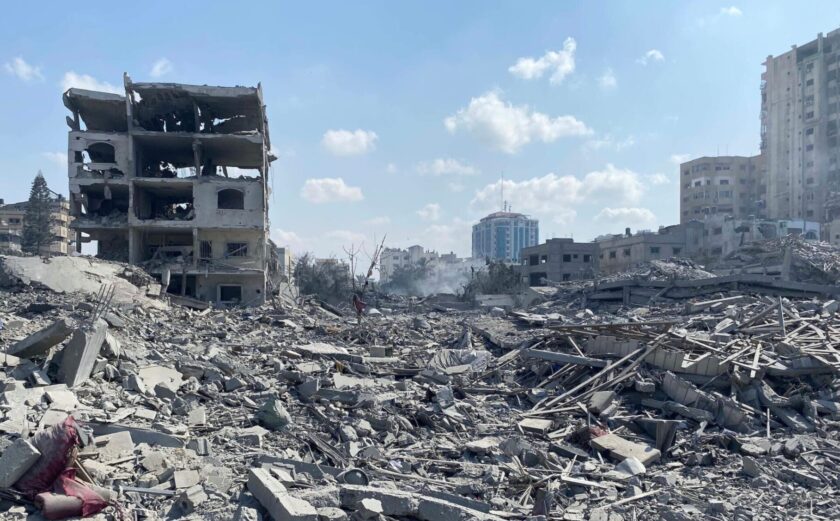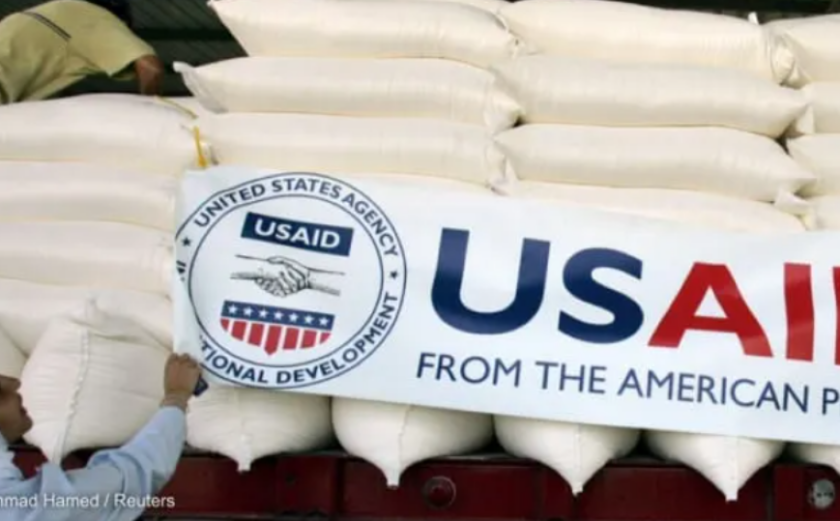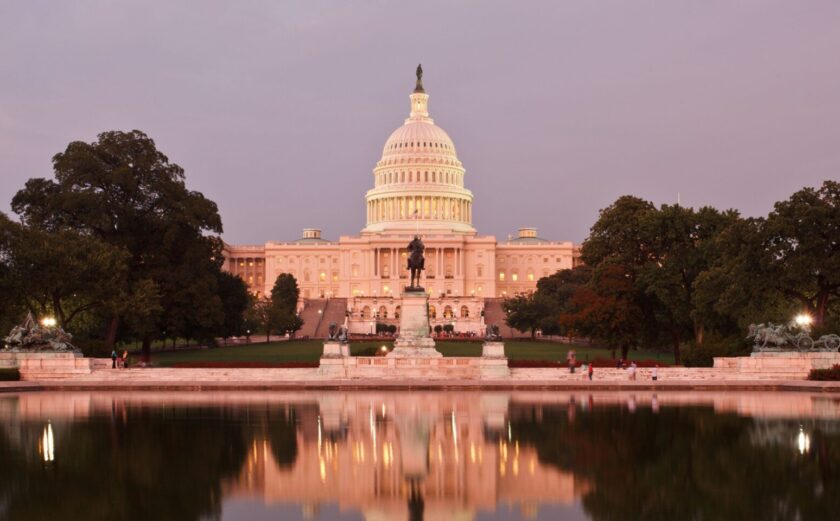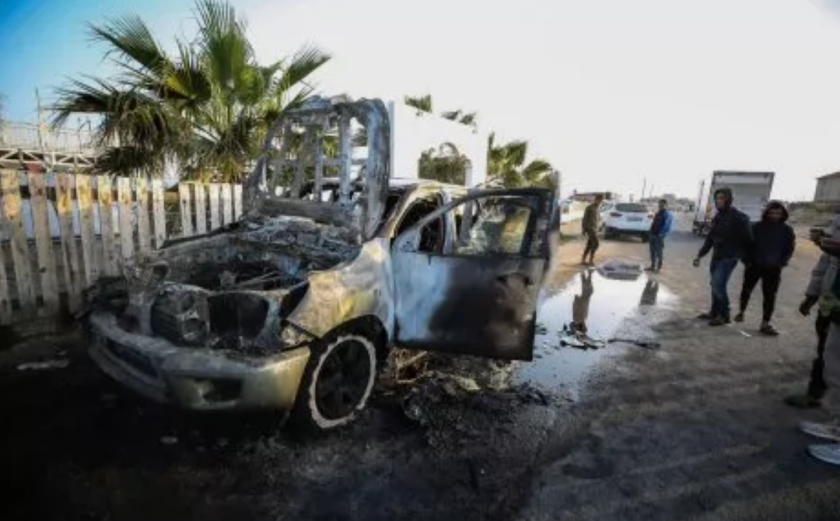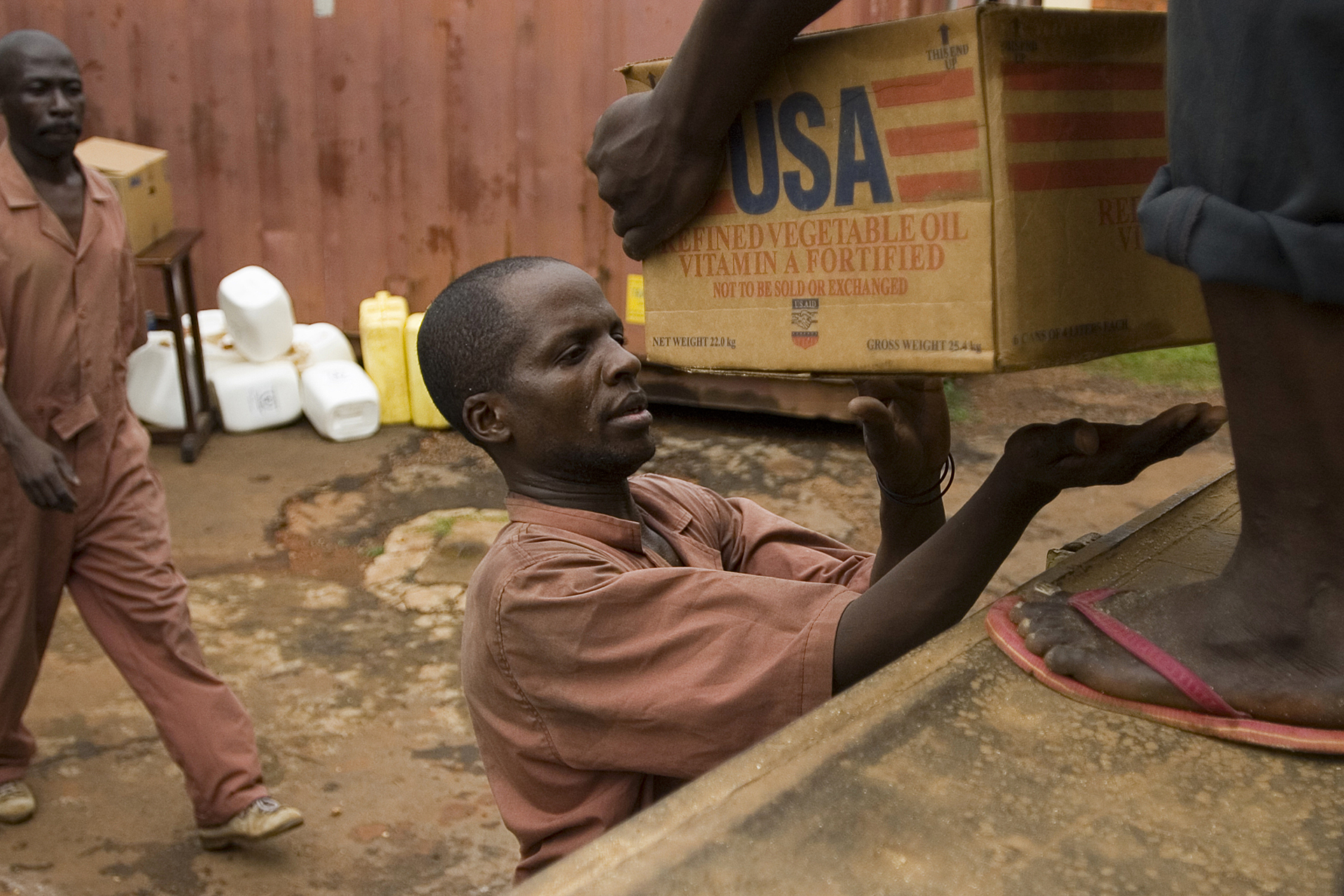
NGO Call to Action: Our Statement on the Global Food Security Crisis
Right now, 49 million people are at risk of falling into famine.
In the next three months, life-threatening hunger is likely to expand for families in 20 hot spots around the world. The current devastating levels of hunger are expected to persist for years to come. Projections estimate that 670 million people—8% of the world—will still face hunger in 2030.
As U.S.-based organizations working to prevent and respond to these unprecedented levels of food insecurity and malnutrition, we urgently call for decisive mobilization and action by the Administration and Congress to mitigate the immediate loss of life and tackle the systemic challenges we face. Doubling down on building resilience has never been more important.
Hunger is rising around the world due to the increasing intensity and frequency of extreme weather events, conflict, economic crises, and disruptions from the COVID-19 pandemic. For many communities, especially those already marginalized, the compounding shocks have eroded the resilience of their food systems and they are reaching their breaking point—the conflict in Ukraine could be the final blow. The intensity and persistence of the food crisis are also straining local responders and humanitarian actors and forcing painful decisions about where to pull away much-needed aid to account for new hunger hot spots.
Without urgent action, improved access to communities in need, and increased resources for humanitarian needs and long-term development programs, families—particularly children—will continue to face devastating hunger. The world will face the consequences if we do not act: needless suffering and death, unrest, and displacement.
The recent $5 billion in emergency supplemental funds appropriated by the U.S. Congress is an important first step to responding to global hunger. These resources are critical to helping reach people now. The U.S. Government must continue to get these funds out the door as effectively and transparently as possible in a layered and multisectoral approach. We stand ready to work with Congress and the Administration to identify the gaps that remain.
Still, more work is needed to ensure we can prevent future escalations of hunger through improved long-term planning, better alignment of humanitarian and development programs, and an increased focus on adaptation and resilience building. This work will take a step change in USG leadership: significant policy shifts and robust investments in development programs that are proven to help prevent communities from falling into crisis and help them recover from shocks. This is a smart investment—studies have shown that for every $1 invested in resilience efforts, $3 is reduced in humanitarian assistance down the line.
We appreciate recent announcements and urge the Administration to continue to engage all actors and consult with NGOs as the response continues. This long-term effort will require close collaboration with stakeholders, including locally-led organizations.
The world knows too well the consequences of unmet needs and failure to take timely action in the face of severe hunger and malnutrition. This is a critical moment for the global community to rise to the current food security challenge before we see even more devastating and preventable loss of life.
The time for action is now.
Signed,
1,000 Days
Accelerate Global, LLC
Action Against Hunger
ADRA International
Alliance to End Hunger
American Jewish World Service
American Red Cross
Anera
Bread for the World
Buddhist Tzu Chi Foundation
Cadasta Foundation
CARE USA
Church World Service
Corus International
Farm Journal Foundation
Food for the Hungry
Global Citizen
Global Communities
GOAL
Helen Keller Intl
HIAS
Humanity & Inclusion
InterAction
International Medical Corps
International Youth Foundation
Islamic Relief USA
Mennonite Central Committee U.S.
Mercy Corps
Mercy-USA for Aid and Development
National Cooperative Business Association CLUSA International
PATH
Plan International USA
Pulte Institute for Global Affairs at the University of Notre Dame
Refugees International
Save the Children
SPOON
The Hunger Project
UNICEF USA
WaterAid America
World Vision
